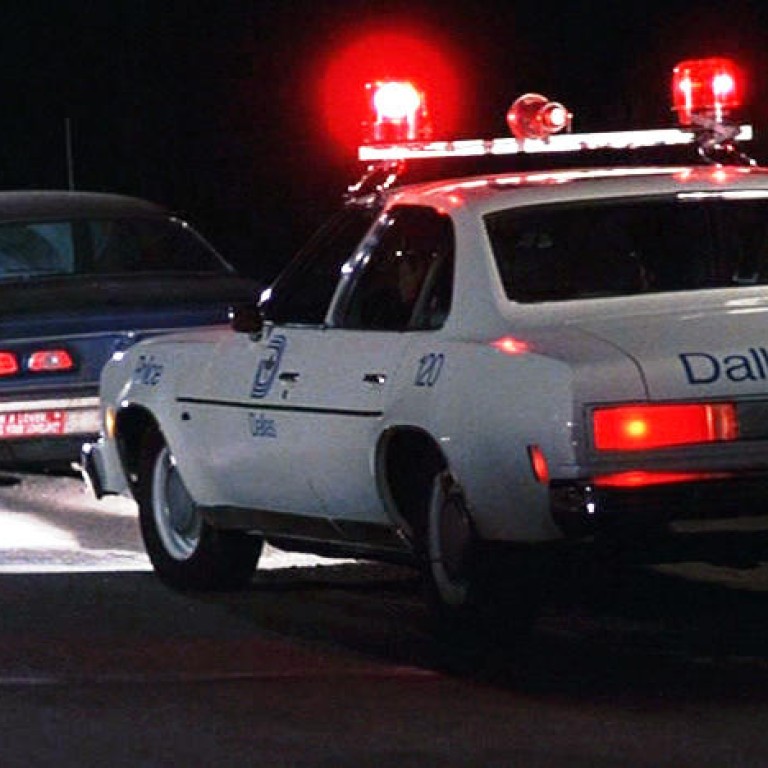
The Thin Blue Line, critically acclaimed Errol Morris documentary that brought a prisoner's release
Errol Morris' 1988 documentary missed out an Oscar but led to the release of Randall Adams 12 years into a life term after his wrongful conviction for murder
The Thin Blue Line
Director: Errol Morris

However, Morris could console himself with the fact that his documentary led to the release of Randall Adams 12 years into a life term after his wrongful conviction for murdering a Texas policeman. Not a bad second prize.
Morris was planning a documentary about Dallas' "Dr Death", a psychologist who assessed criminals to see if they should be executed to prevent further violent crimes, and who invariably said yes.
Through him, Morris met Adams, who was hours away from the electric chair before his sentence was commuted to life on a technicality.
Through interviews with key players and staged re-enactments of the traffic stop according to whose version of events is heard, Morris presents a tale of miscarried justice so obvious as to be almost absurd.
Perhaps it's Adams' vocal resemblance to Nicolas Cage's H.I. McDunnough from , but the film is reminiscent of the Coen brothers, as Morris parades a cast of characters from small-time American criminality.
There's the judge who is unabashed to admit he welled up when the prosecutor reworks Kipling to argue that police are the "thin blue line" separating society from anarchy. There are the witnesses, one an obvious madwoman and fantasist, another who boasts of his "perfect recall" before comically failing to remember even basic details. There's the defence attorney's suspicious "east coast education". It would all be quite funny - except it actually happened.
Academy voters supposedly switched off before the final act, when David Harris effectively admits he committed the murder. The fact his age (16) would have saved him from execution seemingly made prosecutors eager to believe his claim that Adams did it - has to die, because a cop is dead in Texas.
A contemporary article concludes, essentially, that the re-enactments - plus the Philip Glass score, arty cutaways, and absence of narration and captions - probably made it all a bit much for the members of the Academy.
Harris was executed for an unrelated murder and Adams died in obscurity in 2010 - but not before suing Morris over the rights to his story in another comic twist. Morris had redemption for his own minor miscarriage of justice in 2003, when he finally got the Oscar for best documentary for .

